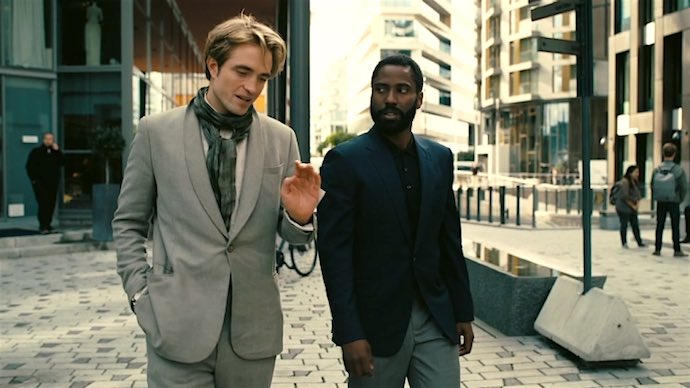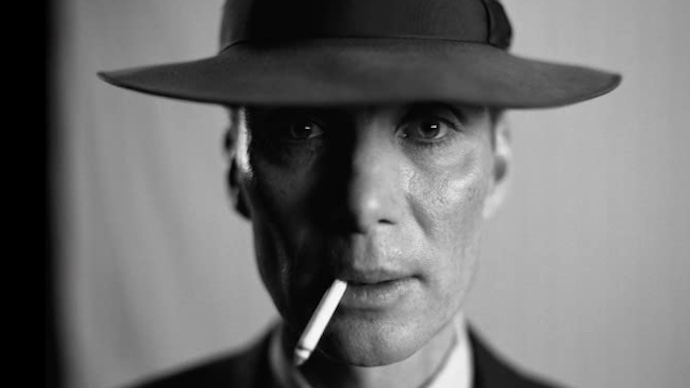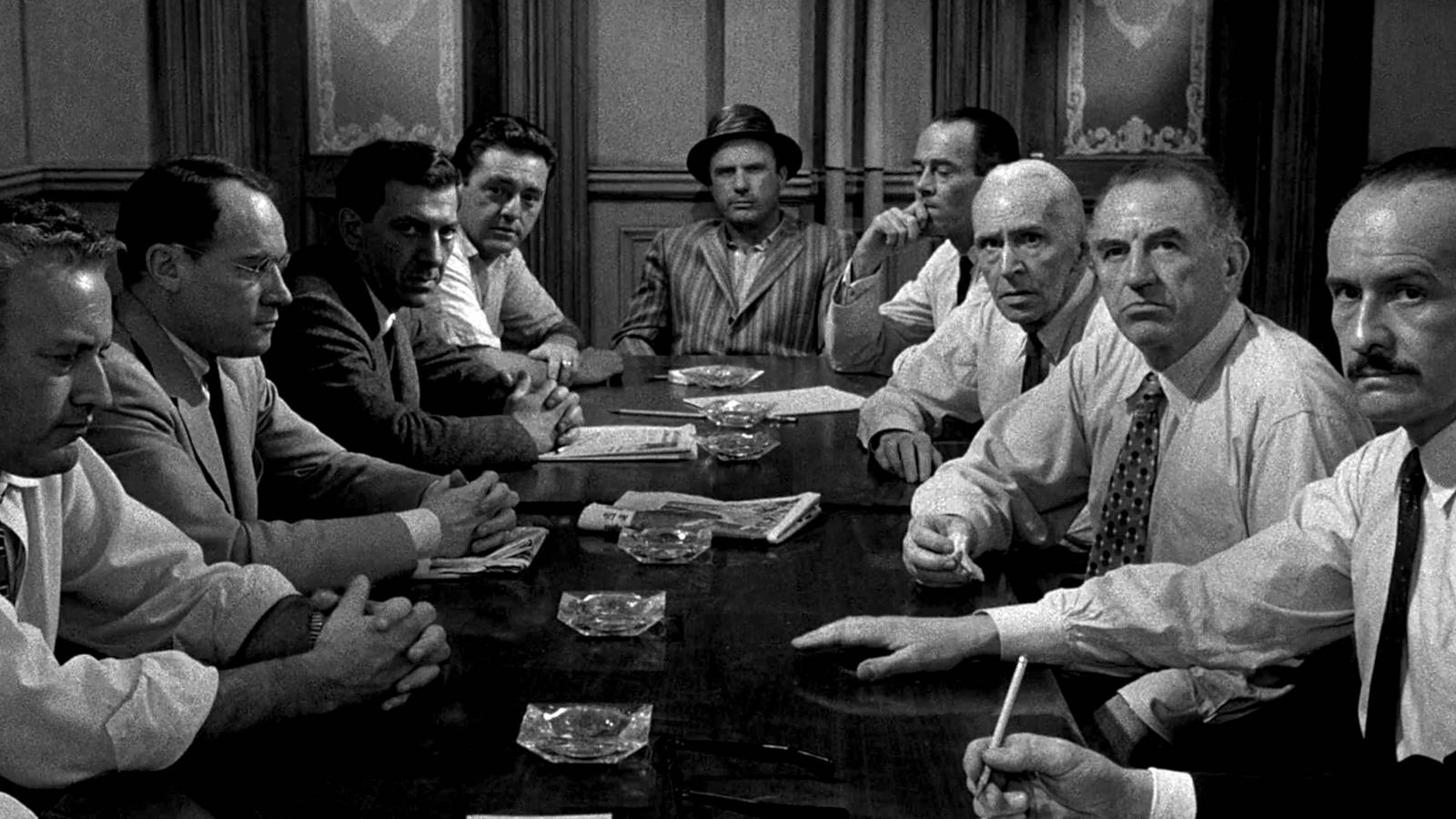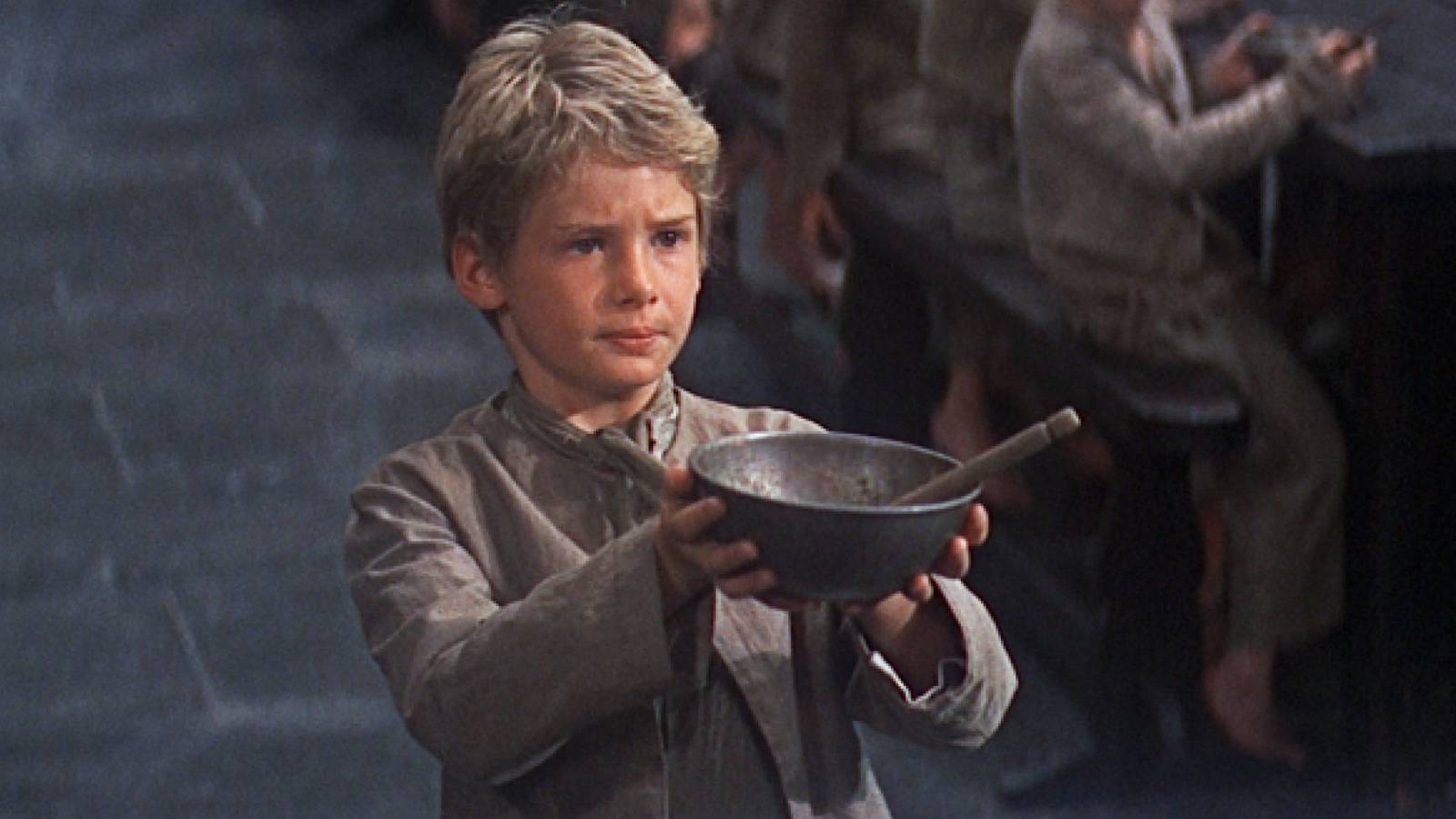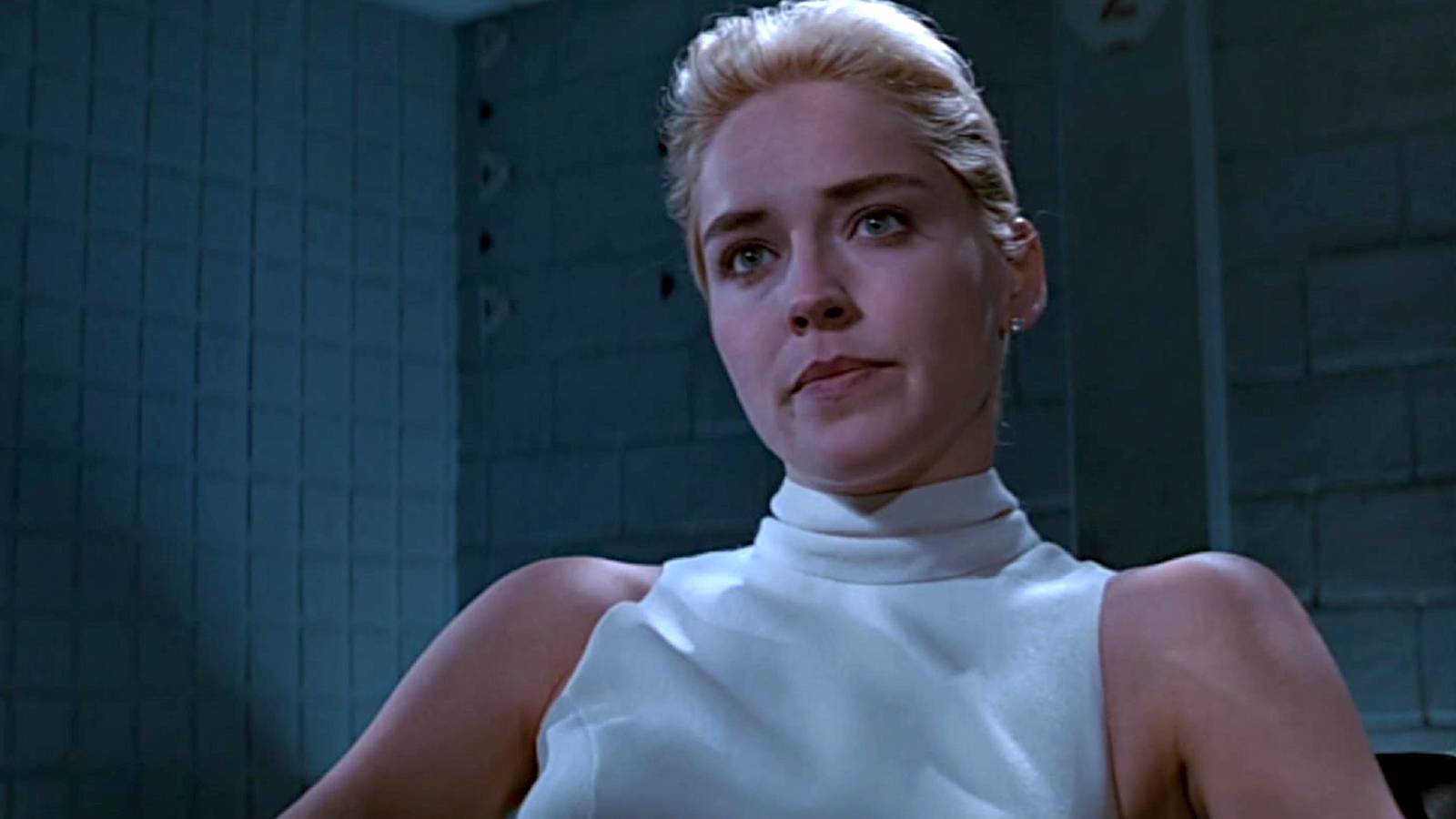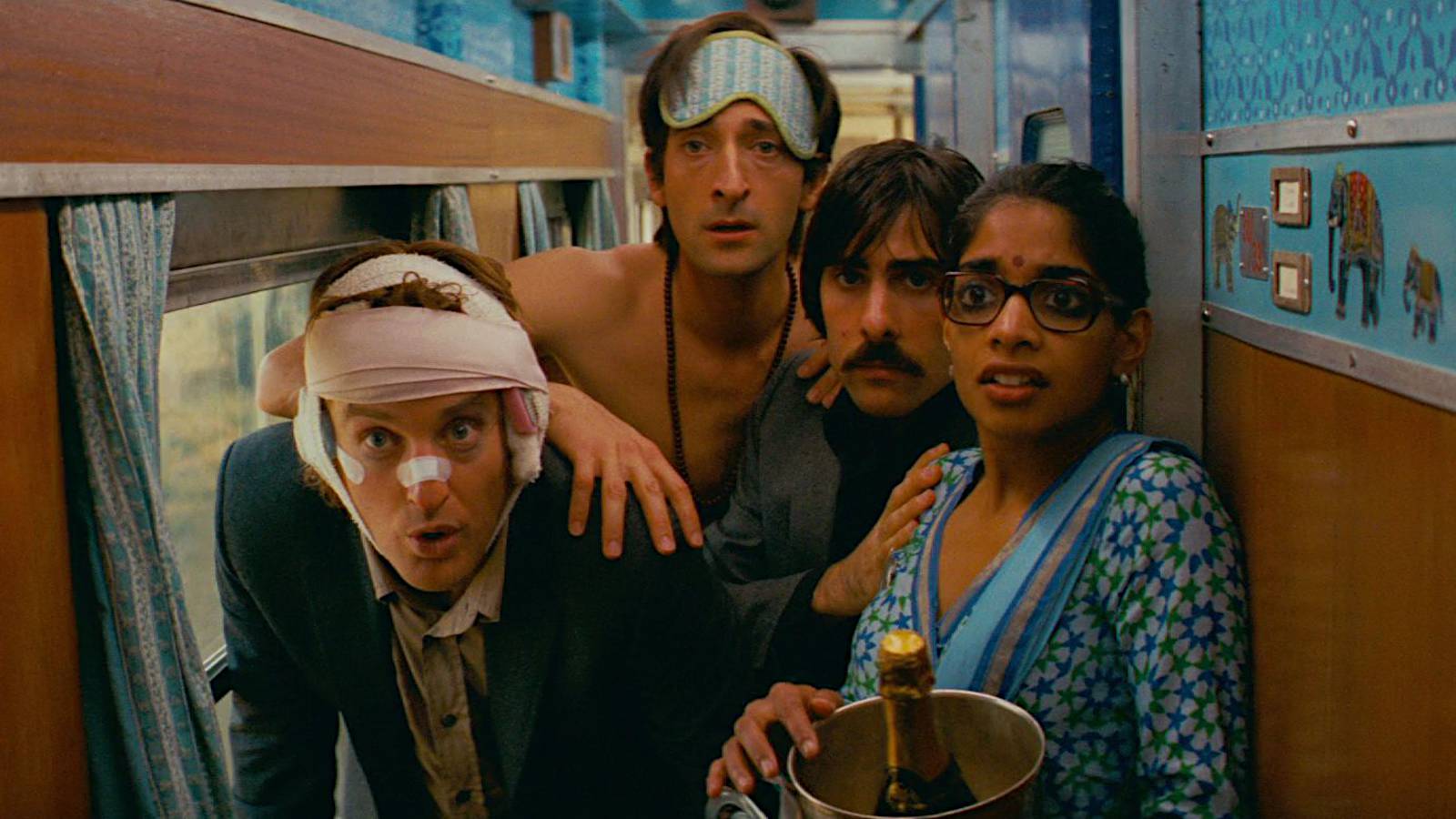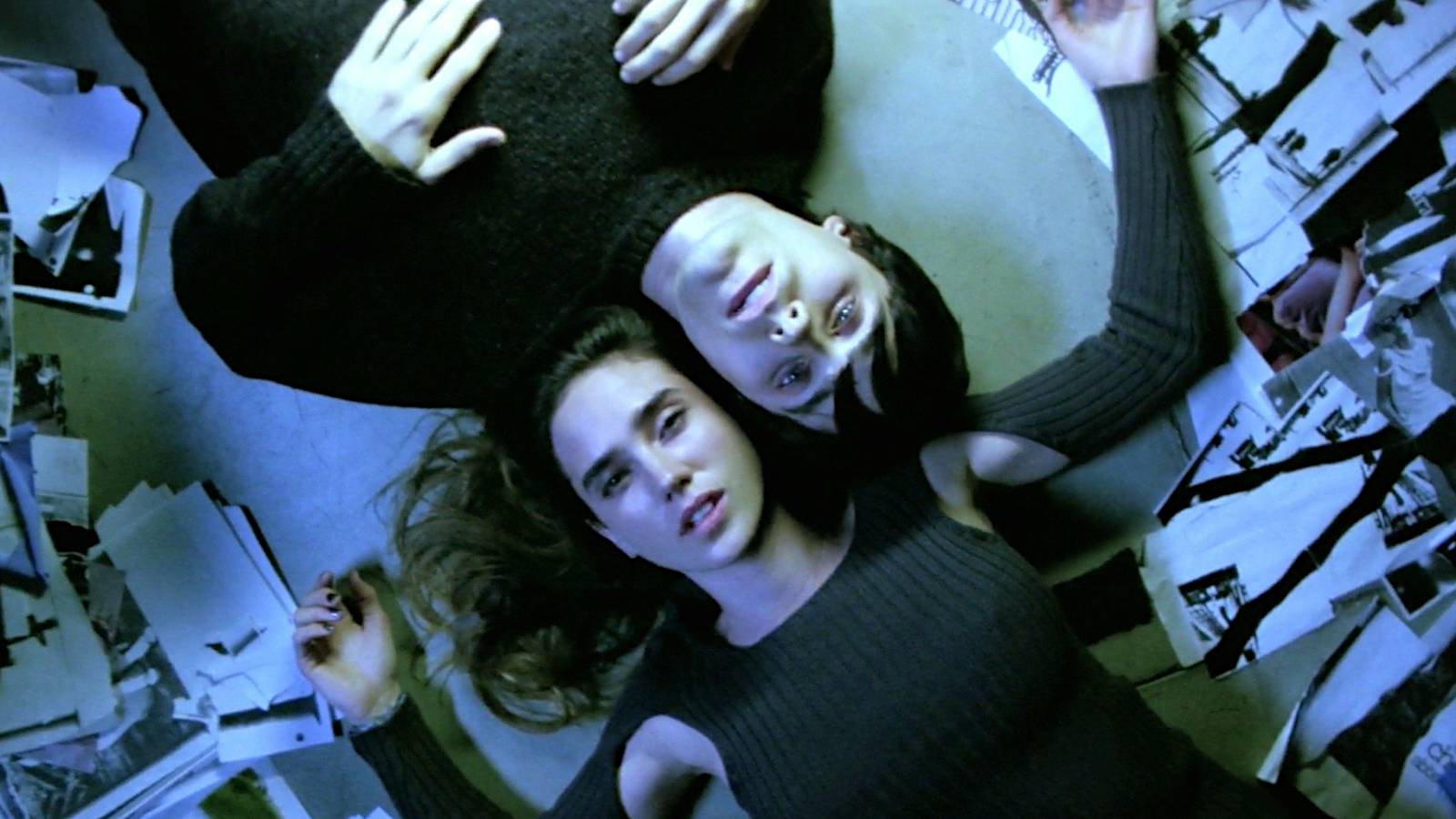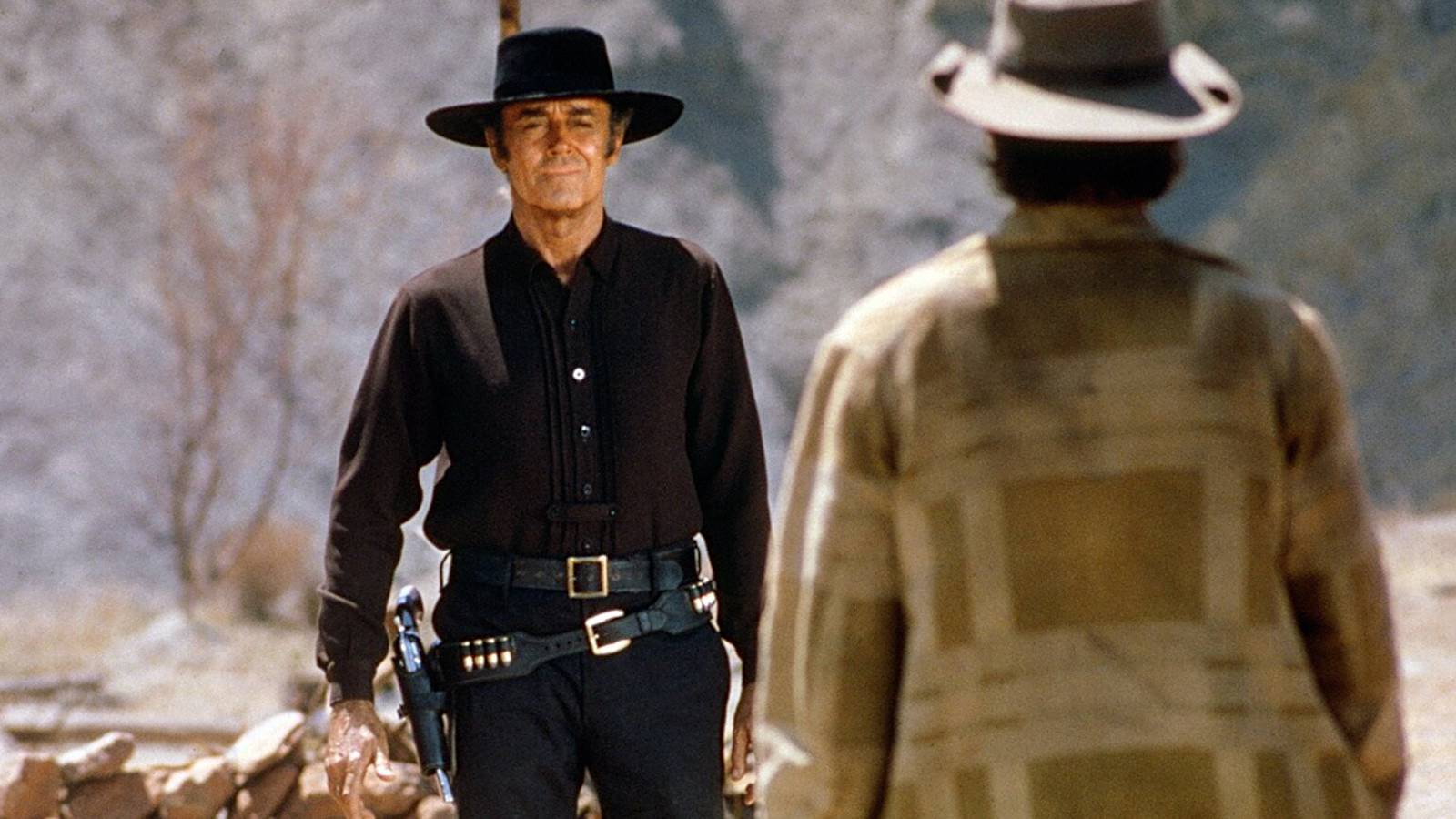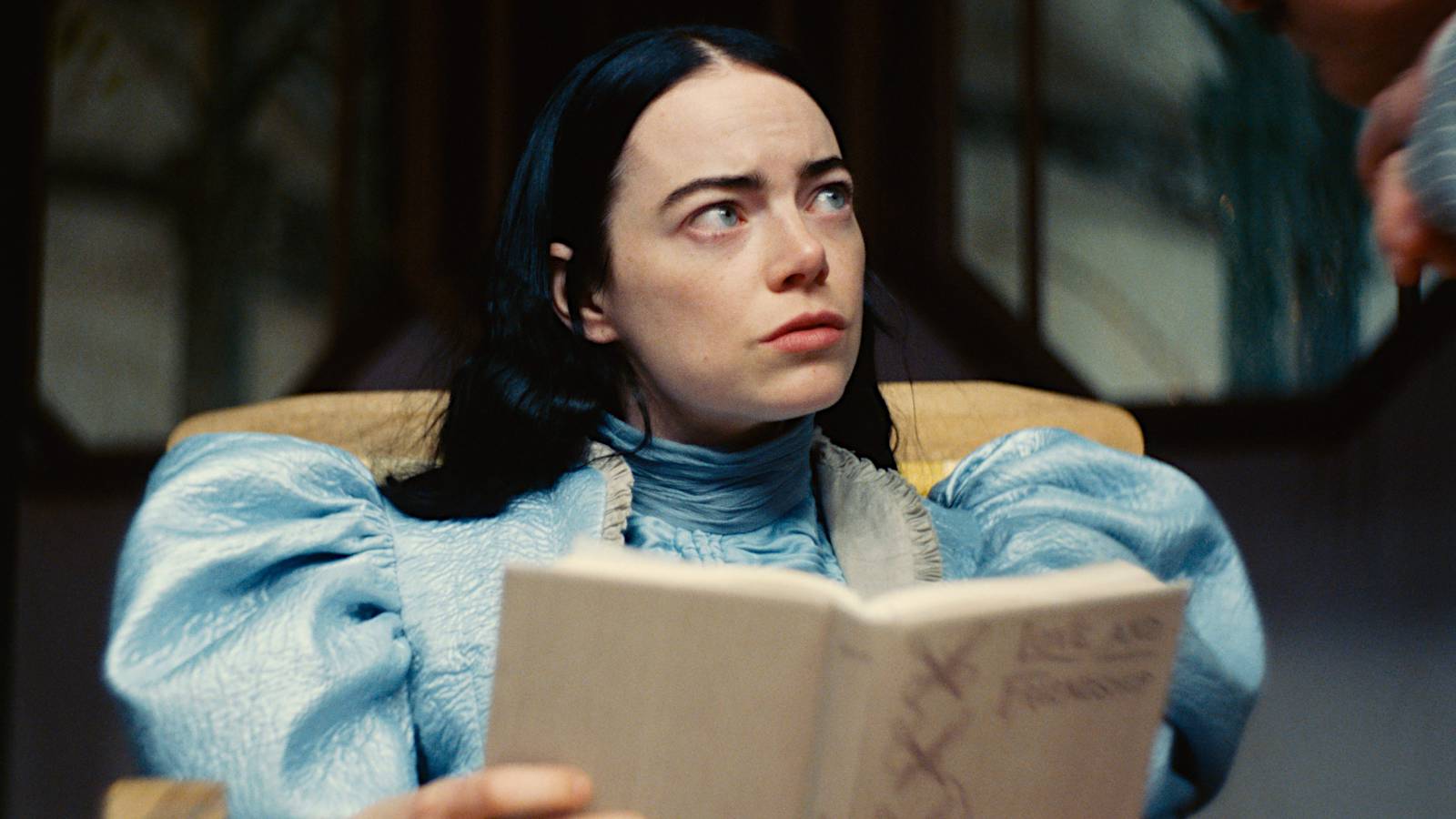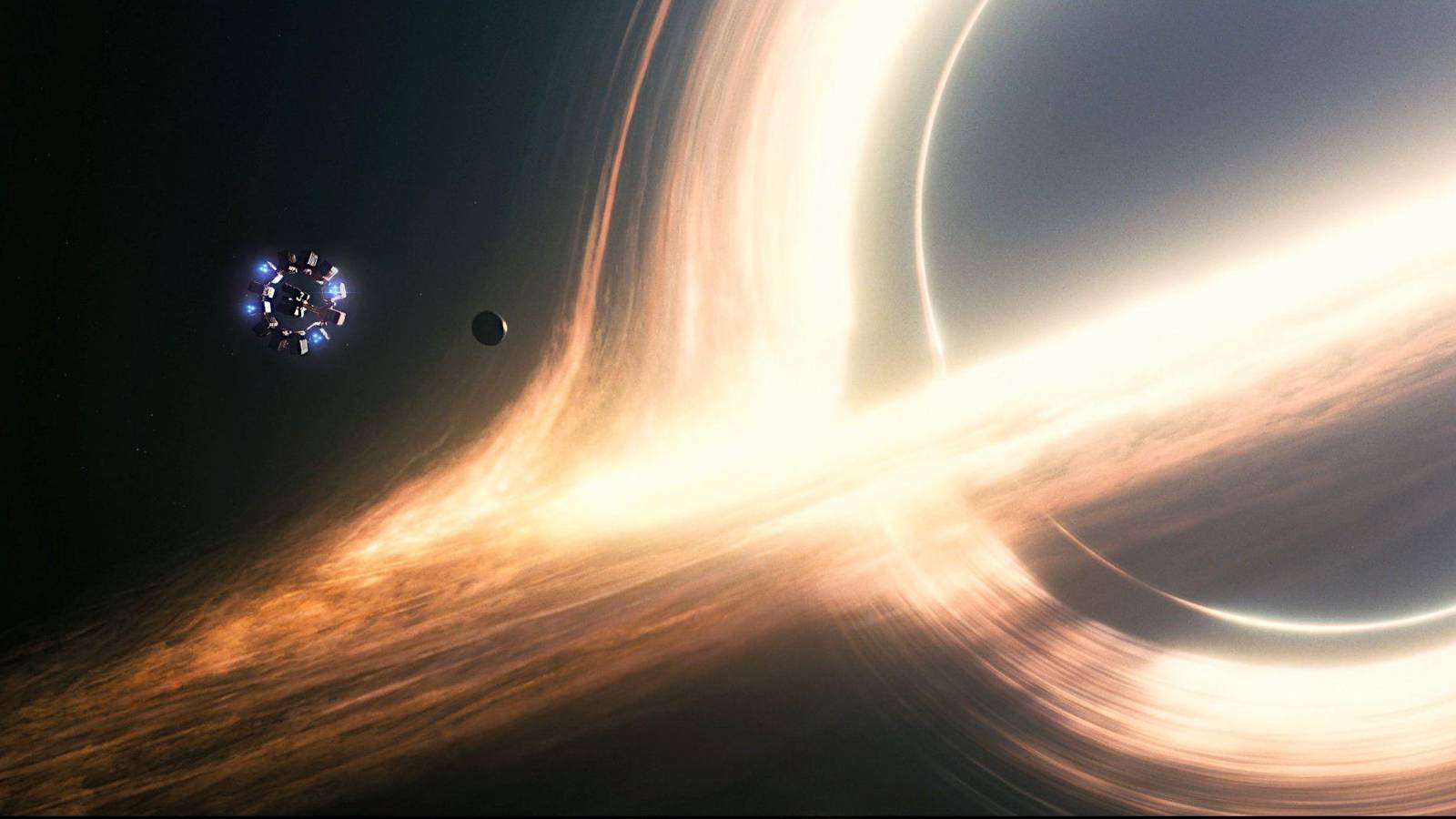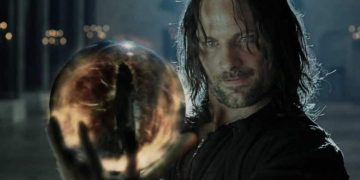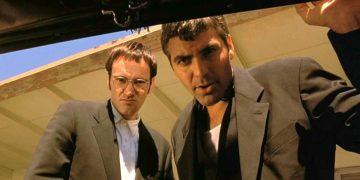Christopher Nolan’s Narrative Concepts
Over the years, Christopher Nolan has excelled at layering his narrative concepts in a non-linear fashion to make sure it keeps the audience on the edge of their seats, while extracting maximum intrigue from the plot.
Memento,Inception,Interstellar, andTenetall use their timelines to make the audience question what’s happening in the film. It’s a trick that many great filmmakers have employed to keep their story flow interesting.
Outside ofThe Dark Knighttrilogy, every Nolan film relies on narrative complexities that employ non-linear techniques in various ways. Problems started to arise, however, when his ambition to use time as a layered construct went beyond his filmmaking ability.
WithTenet, he simply confused audiences and critics. His prior successes arguably convinced Nolan that his narrative ideas were infallible, that his trademark complexity was universally desired.
To be blunt,Tenetfelt lazy for Nolan. It’s the work of a filmmaker/director who’s too comfortable in their own skin.
Great filmmakers always challenge what they know and what they can do—as evidenced by Kubrick, Welles, Coppola, and Anderson—but Nolan appears to have lost himself within an inflated sense of grandeur.
Related:The best time loop movies like Groundhog Day
Christopher Nolan’s Fallout With Warner Brothers, Explained
WhenTenetfailed, which ended with an estimated total loss of around $100 million for the studio, we saw how the iconic director had started to lose his calm demeanor.
He flailed around and insulted streaming services—he even had to apologize to the head of Netflix for comments he made—and shockingly savaged Warner Brothers' HBO Max in an interview when he called it “the worst streaming service.”
The individual incidents may not be connected toTenet, but the overall picture feels like too much to be a mere coincidence.
Obviously, Christopher Nolan worked hard on the film—that’s not in question—and any major director would be disappointed by less-than-stellar reception. But withTenet, for the first time in his filmmaking career, it felt as though his style was coming under fire.
As a staunch traditionalist, Christopher Nolan has often voiced his preference for theatrical releases. And while that in itself isn’t a bad position to take by any means, he seems to lack empathy for modern viewers and howtheywant their movies delivered to them.
The spiraling cost of cinema trips combined with the relatively inexpensive cost of in-home streaming has forced the industry to change in the years that Nolan has worked within the studio system.
His departure from Warner Brothers (which feels right out of 1950s Hollywood) and move to Universal Pictures marked an end of an era for the filmmaker. But it’s also the start of a new one.
Christopher Nolan will never be a bad filmmaker; he’s too good at what he does for that. But he’s stagnating and needs to come to terms with the world that now exists around him. Meanwhile, we’ll wait with bated breath to seeOppenheimer, which could very well be another hit.



![]()
![]()

